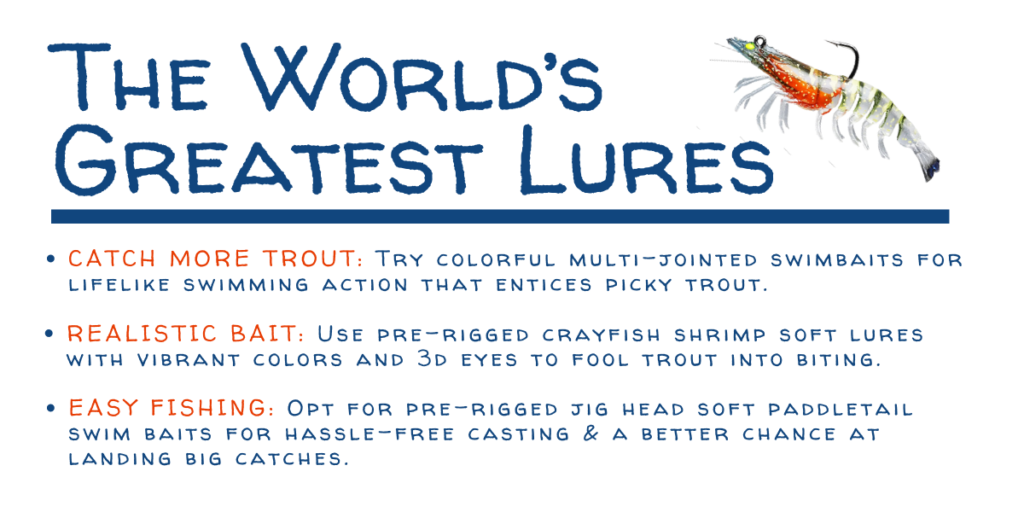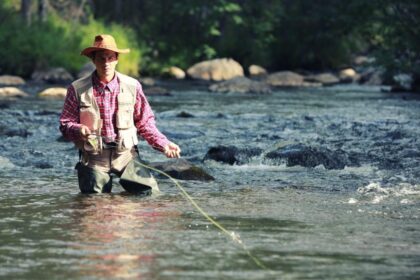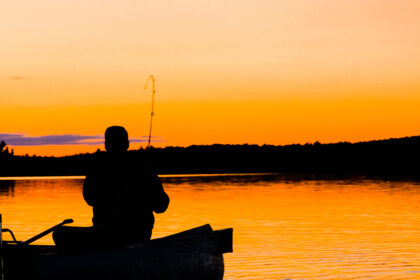2024 Connecticut Fishing License
Obtaining a fishing license in CT is a simple process that allows you to indulge in the state’s abundant fishing opportunities. Whether you’re a resident or a non-resident, you can purchase your fishing license online through the Connecticut Department of Energy and Environmental Protection (DEEP) website or in person at designated locations like bait and tackle shops, outdoor retailers, and DEEP offices. The license options include annual, weekly, and daily permits, with discounted rates available for seniors, military personnel, and youth. By acquiring a fishing license, you not only gain access to Connecticut’s diverse fishing spots but also contribute to conservation efforts and the sustainability of the state’s fisheries. Be sure to check the 2024 Connecticut Freshwater Fishing Guide at for the most up-to-date fishing regulations, size and creel limits.
2024 | Fresh and Saltwater | Freshwater Only | Trout and Salmon Stamp |
Resident – Annual* | $32.00 | $28.00 | $5.00 |
Non-Resident – Annual* | $63.00 | $55.00 | $5.00 |
*License expires December 31st.
Fishing Licenses in CT and Conservation Efforts
Fishing is not just a recreational activity; it’s also a vital contributor to conservation efforts in Connecticut. The funds generated from fishing licenses play a crucial role in supporting various programs aimed at preserving the state’s natural resources. Let’s delve into the details of Connecticut’s fishing license requirements, fees, and the significant conservation initiatives funded by anglers’ investments.
Investing in Conservation: Where Your Fishing License Fees Go
When anglers purchase fishing licenses in Connecticut, they contribute directly to the Department of Energy and Environmental Protection’s (DEEP) Bureau of Natural Resources. These funds are instrumental in supporting a wide range of programs that benefit the environment and enhance fishing experiences. From stocking trout to acquiring land for conservation purposes and maintaining essential infrastructure like boat ramps, every dollar spent on fishing licenses fuels conservation efforts across the state.
Understanding Connecticut Fishing License Requirements
In Connecticut, fishing licenses are mandatory for individuals aged 16 and older. These licenses are issued on a calendar year basis, expiring on December 31st of each year. Residents and non-residents alike can conveniently purchase fishing licenses online through the official CT Outdoor Licenses portal, available 24/7. It’s worth noting that residents aged 16 or 17 enjoy a 50% discount on their fishing license fees, while residents aged 65 or older are eligible for free licenses.
Trout and Salmon Stamp: A Requirement for Certain Waters
Anglers targeting trout and salmon in designated areas such as Trout Management Areas, Trout Parks, and Wild Trout Management Areas must also obtain a Trout and Salmon Stamp. This stamp is mandatory for individuals aged 16 and older and helps support conservation efforts specific to these species and their habitats.

2024 Updates and License Fees
As of 2024, there have been no changes to freshwater (inland) fishing regulations from the previous year. However, it’s essential to stay informed as regulations may evolve over time. The license and stamp fees vary depending on the type of water and the angler’s residency status:
- All Waters: $16 for CT residents aged 16/17; $32 for CT residents; $63 for non-residents.
- Inland Waters Only: $14 for CT residents aged 16/17; $28 for CT residents; $55 for non-residents.
- Trout and Salmon Stamp: $3 for CT residents aged 16/17; $5 for CT residents and non-residents.
- Marine Waters Only: $5 for CT residents aged 16/17; $10 for CT residents; $15 for non-residents.
- Additional options include 3-day licenses for non-residents, free licenses for seniors and individuals with disabilities, and combination hunting/fishing licenses.
Conservation Beyond Licenses: Protecting Wildlife and Habitats
Anglers are not only stewards of conservation through license fees but also through responsible fishing practices. Intentionally discarding fishing line or litter in water bodies can harm wildlife and disrupt ecosystems. To address this, receptacles for disposing of fishing line have been installed in various locations statewide, minimizing environmental damage and protecting aquatic habitats.

Conclusion: Anglers as Conservationists
In conclusion, fishing licenses in Connecticut not only grant access to abundant fishing opportunities but also serve as crucial investments in conservation efforts. By obtaining licenses, anglers directly contribute to preserving Connecticut’s natural beauty for future generations of outdoor enthusiasts to enjoy. Let’s continue to fish responsibly and support the conservation initiatives that make it all possible.






